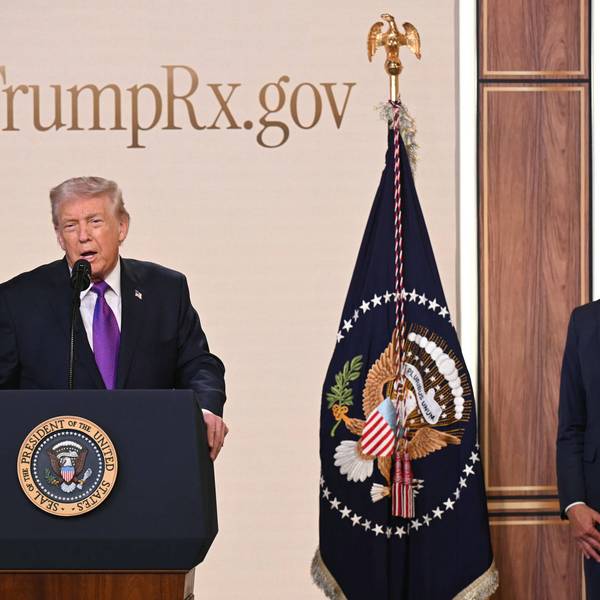A new plan for tackling the growing threat of antibiotic-resistant microbes, or so-called superbugs, addresses the unnecessary use of antibiotics and includes a call on Big Pharma to "play or pay" to help bring successful treatments to the market.
The report, commissioned by British Prime Minister David Cameron, was led by economist Jim O'Neill, who said that antibiotics were sometimes being handed out "like sweets."
"If we don't do something, we're heading towards a world where there will be no antibiotics available to treat people who need them," O'Neill told reporters at a London briefing.
Among the recommendations his report lays out, as noted by Press Association, are:
- Reducing the unnecessary use of antimicrobial drugs in healthcare settings;
- Monitoring and reducing superfluous use of the drugs in farming;
- Quicker progress to be made on banning or restricting antibiotics that are vital for human health from being used in animals;
- Better use of diagnostic tools to help reduce unnecessary use of the drugs;
- A global public awareness campaign about the problem of drug resistance;
- Increasing the supply of new antibiotic drugs.
Explaining the "pay or play" proposal, Reuters reports that O'Neill's plan is for pharmaceutical companies to
be subject to a surcharge if they decide not to invest in research and development (R&D) to bring successful new antibiotic medicines to market.
For [those] who do decide to "play", he said, a reward of between $1 billion and $1.5 billion should be paid for any successful new antimicrobial medicine brought to market.
But that approach wouldn't be a panacea, said Dr. Grania Brigden, from the medical charity Medecins Sans Frontieres.
"The O'Neill report proposes considerable new funding to overcome the failures of pharmaceutical research and development, but the proposals do not necessarily ensure access to either existing tools or emerging new products," the BBC reports her as saying.
Addressing antibiotics being doled out in cases when it is not necessary, O'Neill called for "rapid diagnostics" to help determine if a patient is suffering from an infection that is, in fact, bacterial, as opposed to viral.
"II find it incredible that doctors must still prescribe antibiotics based only on their immediate assessment of a patient's symptoms, just like they used to when antibiotics first entered common use in the 1950s," O'Neill said in the report.
From the Guardian:
O'Neill said that stopping the over-use of antibiotics - also fed in vast quantities to animals for growth promotion as well as to treat disease, especially in the United States - may be even more important than incentivising the development of new drugs.
The point of antibiotic overuse in farm animals drew praise from the the Alliance to Save Our Antibiotics and the UK-based Soil Association.
"If we are to have a chance of tackling the antibiotic resistance crisis, we need to change the way we farm," said Peter Melchett, Policy Director at the Soil Association. "Global livestock antibiotic use is forecast to increase by 67% by 2030, due to the expected increasing intensification of global livestock systems. We know that organic and extensive systems use far fewer antibiotics than intensive systems."
The O'Neill report comes on the heels of an analysis by the U.S. Centers for Disease Control and Prevention (CDC), in collaboration with Pew Charitable Trusts and other public health and medical experts, showing that at least 30 percent of antibiotics prescribed in the United States are unnecessary, while the U.S. Food and Drug Administration previously found that 80 percent of all antibiotics used in the United States were for livestock.



